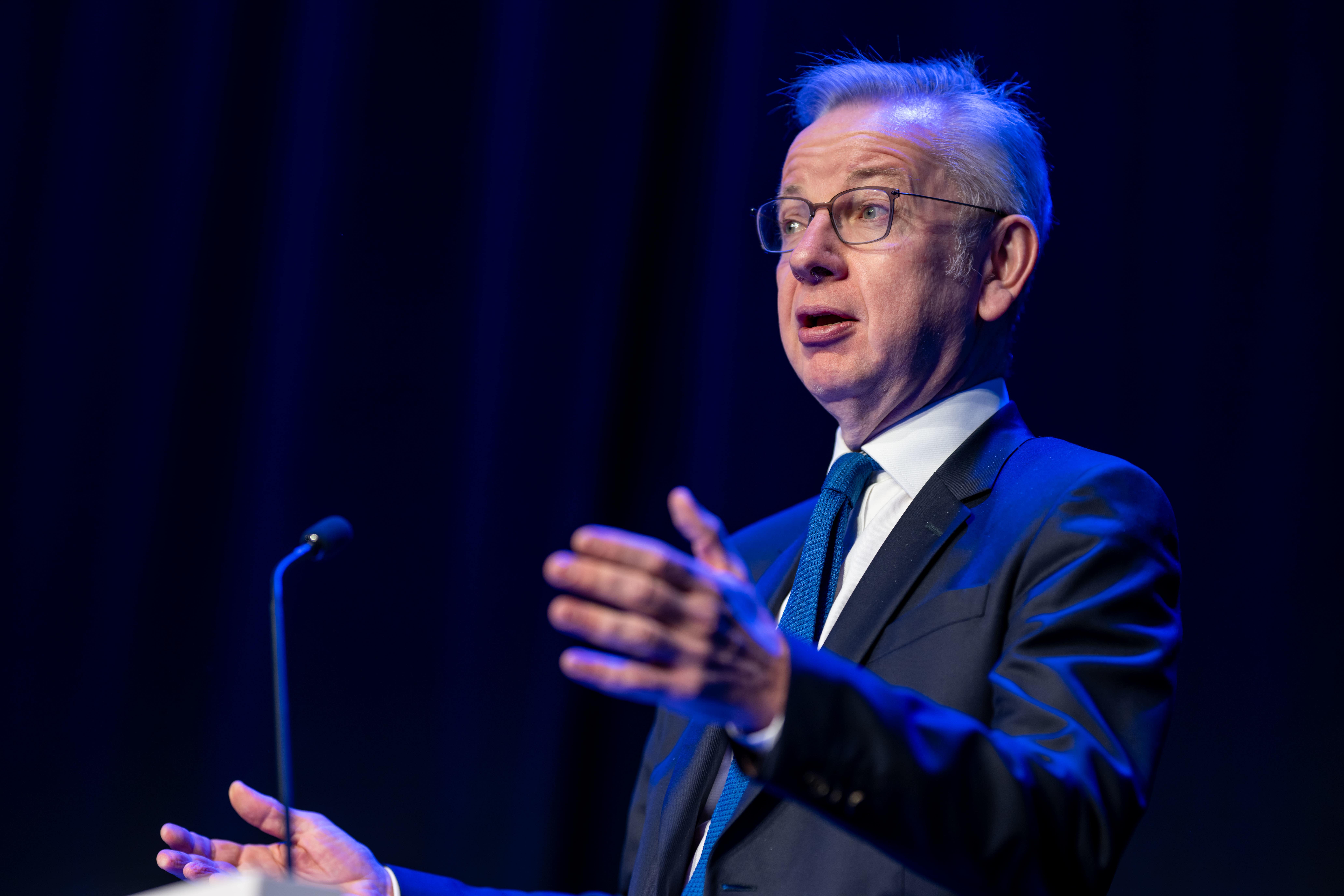What is the government’s new definition of extremism?
The definition has been updated to respond to an increased extremist threat since the October 7 attacks in Israel, the Government said.

Your support helps us to tell the story
From reproductive rights to climate change to Big Tech, The Independent is on the ground when the story is developing. Whether it's investigating the financials of Elon Musk's pro-Trump PAC or producing our latest documentary, 'The A Word', which shines a light on the American women fighting for reproductive rights, we know how important it is to parse out the facts from the messaging.
At such a critical moment in US history, we need reporters on the ground. Your donation allows us to keep sending journalists to speak to both sides of the story.
The Independent is trusted by Americans across the entire political spectrum. And unlike many other quality news outlets, we choose not to lock Americans out of our reporting and analysis with paywalls. We believe quality journalism should be available to everyone, paid for by those who can afford it.
Your support makes all the difference.The Government has unveiled its new definition of extremism, but what is it, and how is it different from the old one?
The definition has been updated to respond to an increased extremist threat since the October 7 attacks in Israel, the Government said.
It aims to ensure that the Government does not “legitimise” extremist groups by “inadvertently” providing a platform to them.
However, the new definition has proven controversial, with criticism coming from both figures in Labour and the Conservative party.
What is the new definition?
The definition describes extremism as “the promotion or advancement of an ideology based on violence, hatred or intolerance” that aims to “negate or destroy the fundamental rights and freedoms of others” or “undermine, overturn or replace the UK’s system of liberal parliamentary democracy and democratic rights”.
It also includes those who “intentionally create a permissive environment for others to achieve” either of those aims.
When will it come into effect?
The new definition comes into force on Thursday.
What was the old definition?
The 2011 definition described extremism as “vocal or active opposition to fundamental British values, including democracy, the rule of law, individual liberty and mutual respect and tolerance of different faiths and belief” as well as “calls for the death of members of our armed forces”.
Why has it been updated?
The Government said that the new definition is “narrower and more precise” than the 2011 definition, which “did not provide the detail we now need to assess and identify extremism”.
Instead, the new definition helps to “clearly articulate” how extremism is “evidenced” through the public behaviour of extremists.
What will happen to groups who meet the new definition?
Groups covered by the definition will be denied access to Government funding and prevented from meeting ministers and officials or gaining a platform that could legitimise them through association with the Government.
Which groups will be covered by it?
The Government is expected to publish a list of organisations covered by it in the coming weeks.
What are the criticisms of the new definition?
Conservative peer Baroness Warsi has warned that the new definition takes a “divide-and-rule approach” that is intended to “breed division and encourage mistrust”.
While the Archbishops of Canterbury and York issued a warning that the definition could “vilify the wrong people and risk yet more division” instead of “providing clarity or striking a conciliatory tone”.
In a joint statement, the Most Reverend Justin Welby and the Most Reverend Stephen Cottrell said the “growing division between different communities in this country” is a threat to the country’s “rich diversity”.
However, Labour has said that the new definition was “not enough” and that a full counter-extremism strategy and hate crime action plan is needed.
The party’s deputy leader Angela Rayner said the Government’s counter-extremism strategy is out of date and they have repeatedly failed to define Islamophobia.